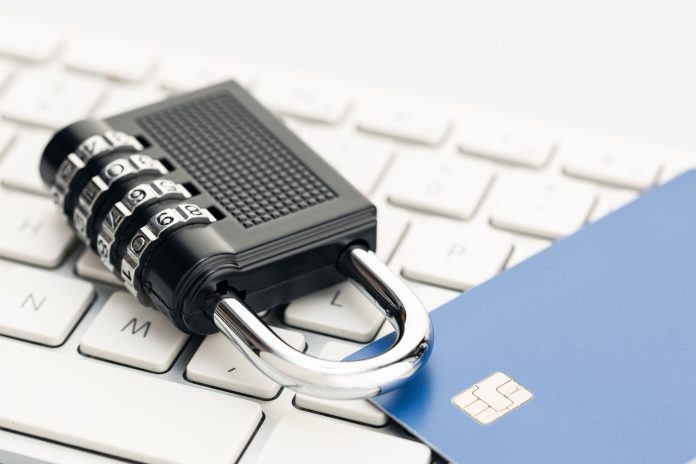Key Takeaways

- Awareness of Scams: Understanding common eBay scams, such as counterfeit products and phishing schemes, is crucial for protecting your finances while shopping online.
- Identification Techniques: Look for warning signs like unrealistic pricing, vague descriptions, and unusual payment methods to discern potentially fraudulent listings.
- Preventative Measures: Research sellers thoroughly, use secure payment methods, and keep communications on the eBay platform to reduce the risk of falling victim to scams.
- Seller Safety Tips: Sellers should follow eBay policies, use tracking information, and enable two-factor authentication to safeguard their accounts and build trust with buyers.
- Prompt Reporting: Reporting scams to eBay and documenting all related evidence is essential for personal protection and contributes to a safer marketplace for all users.
- Staying Informed: Regularly update your knowledge about evolving scam tactics, particularly with the rise of social media and cryptocurrency-related fraud.
Navigating the world of online shopping can be thrilling, but it also comes with its fair share of risks. eBay, one of the largest online marketplaces, is no stranger to scams that can leave you feeling frustrated and vulnerable. From counterfeit products to phishing schemes, these scams can take many forms, making it crucial for you to stay informed and vigilant.
Understanding the common tactics used by scammers can empower you to make safer purchasing decisions. Whether you’re a seasoned buyer or new to the platform, knowing what to look out for can save you time, money, and a lot of headaches. In this article, we’ll dive into the most prevalent eBay scams and equip you with the knowledge to protect yourself while enjoying the benefits of online shopping.
Overview Of eBay Scams
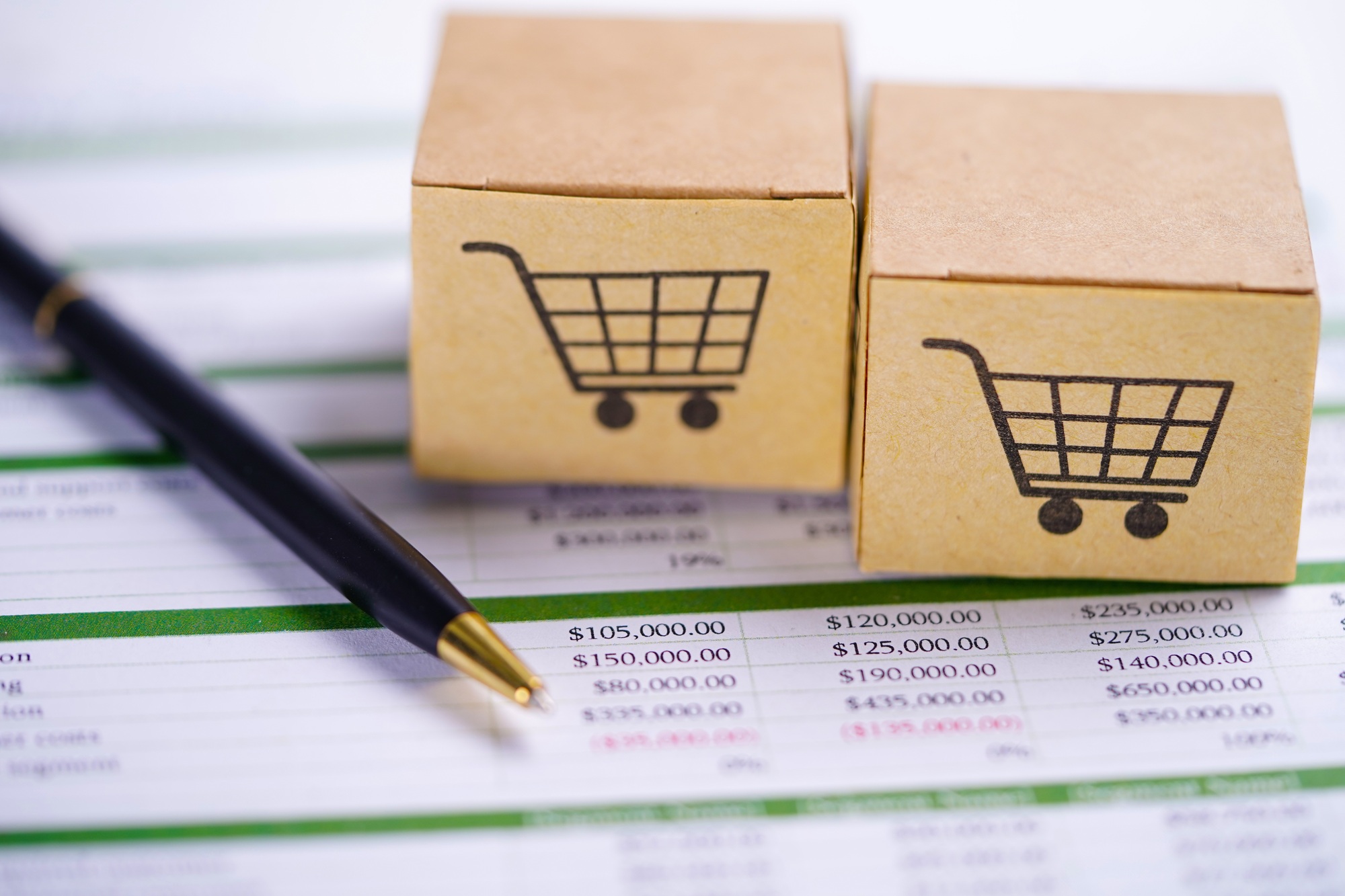
eBay scams pose significant risks for buyers, including small business owners. Understanding these scams helps you protect your investments while shopping online.
Common Types of eBay Scams
- Counterfeit Products: Scammers often sell fake items that resemble popular brands. Small business owners should verify product authenticity before making purchases.
- Phishing Schemes: Fraudulent emails or messages purporting to be from eBay may seek sensitive information, such as passwords or credit card details. Always check sender addresses and avoid clicking on suspicious links.
- Non-Delivery of Goods: Some sellers may accept payment but not deliver the purchased items. Ensure you only transact with verified sellers who have positive feedback.
- Fake Escrow Services: Scammers might offer fake escrow accounts to facilitate secure transactions. Use eBay’s official payment options to avoid this risk.
Recent Trends in eBay Scams
- Increased Use of Social Media: Scammers leverage social media platforms to promote fake listings. Remain vigilant and verify any offers found on third-party sites.
- Emergence of Account Takeovers: Account hijacking has risen, where scammers gain access to legitimate accounts to scam other users. Enable two-factor authentication on your eBay account for added security.
- Mobile App Scams: As mobile shopping grows, so do scams targeting app users. Download the official eBay app only from trusted sources to minimize risks.
- Rise in Cryptocurrency Payments: Scammers now request payments in cryptocurrency, making transactions harder to trace. Stick to traditional payment methods supported by eBay for more security.
How to Identify eBay Scams
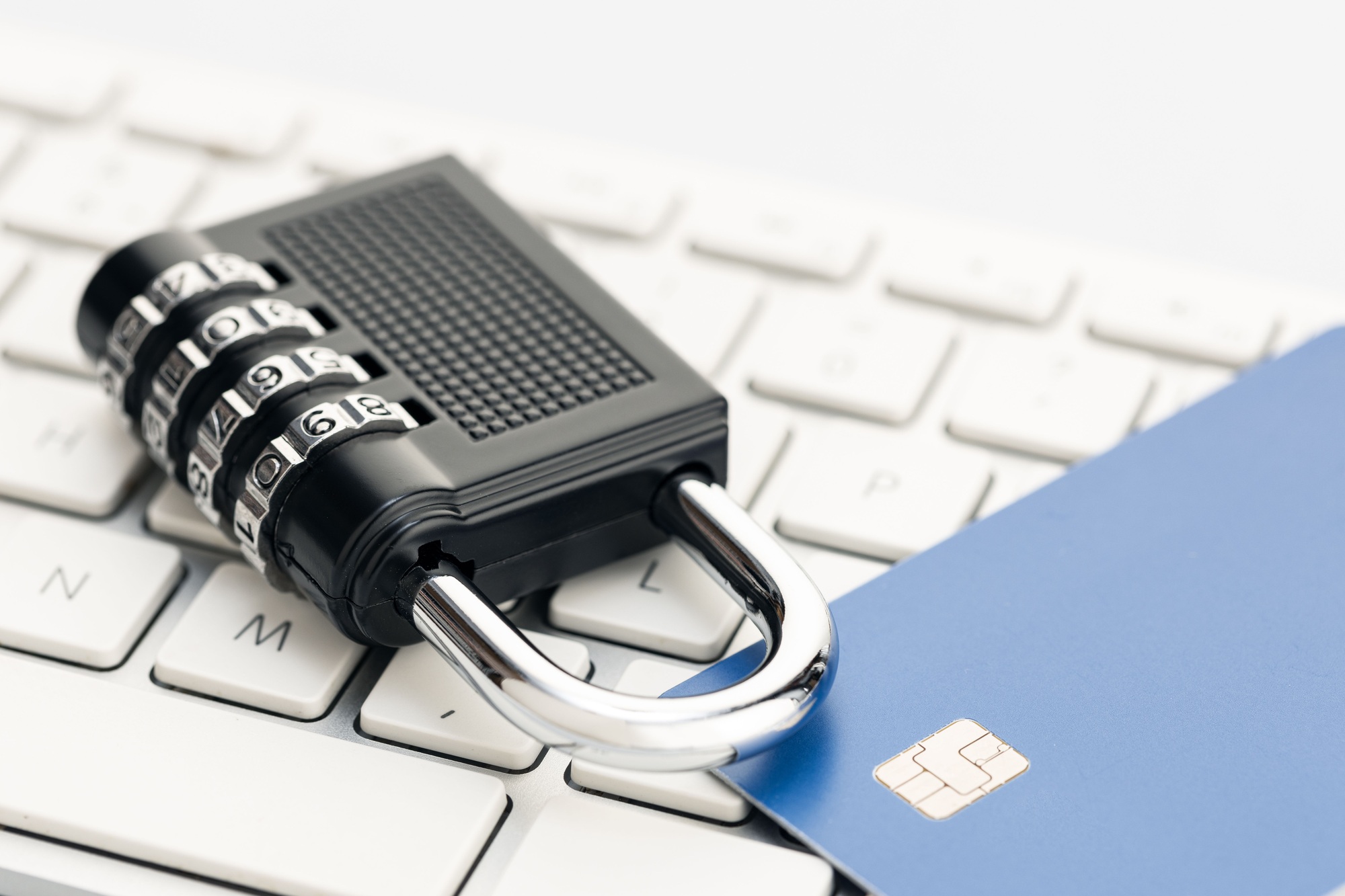
Recognizing eBay scams is essential for small business owners who rely on the platform for purchasing goods. Staying informed about potential pitfalls helps protect your investments and ensures smooth transactions.
Warning Signs to Watch For
- Unrealistic Pricing: When you encounter a product listed at a price significantly lower than its market value, treat it as a warning sign. Scammers often use these enticingly low prices to lure unsuspecting buyers, particularly those running a small business who may look for bulk deals.
- Generic or Urgent Communications: If you receive listings or emails containing urgent language or generic greetings, take caution. Legitimate eBay communications won’t pressure you for immediate action or solicit sensitive information via email.
- Unusual Payment Methods: Remain wary of sellers who request unconventional payment options. Legitimate transactions on eBay utilize secure, traceable payment methods. If a seller asks for wire transfers, gift cards, or cryptocurrency, it’s likely a scam.
Red Flags in Listings
- Incomplete or Vague Descriptions: Listings lacking detailed descriptions often indicate an attempt to obscure product flaws or mislead buyers. If the seller doesn’t provide clear, comprehensive information, question the legitimacy of the listing.
- Poor Quality Images: Listings with unclear or stock photos may not accurately represent the product. Authentic sellers typically include high-quality images to showcase their items.
- Suspicious Seller Feedback: Examine the seller’s feedback ratings and reviews attentively. If a seller has a high number of negative reviews or little to no transaction history, exercise caution before proceeding with the purchase.
Preventing eBay Scams

To keep your small business safe on eBay, understanding common scams and following preventive measures is vital.
Best Practices for Buyers
- Research Sellers: Verify a seller’s feedback rating and reviews. A rating below 95% can indicate potential issues.
- Use Secure Payment Methods: Opt for PayPal or credit cards instead of cash or wire transfers. These methods offer buyer protections that safeguard your transactions.
- Avoid Suspicious Listings: Look out for unrealistic prices or vague descriptions. Listings that seem too good to be true often are.
- Communicate Via eBay: Keep all communications within the eBay platform. This provides a record and reduces the likelihood of falling for any scams.
- Inspect Items Thoroughly: Upon receiving your purchase, inspect it immediately. If something seems off, file a claim straight away to protect your rights.
Safety Tips for Sellers
- Follow eBay Policies: Adhere to eBay’s selling rules and guidelines. Non-compliance can lead to account limitations.
- Use Tracking Information: Always ship with tracking. Providing customers with tracking details increases their confidence and backs up your claims in case of disputes.
- Be Wary of Offers to Settle Outside eBay: If a buyer requests to transact outside of eBay, reject the offer. This can lead to disputes that eBay doesn’t cover.
- Maintain Clear Communication: Address any buyer inquiries promptly and professionally. Clear communication can lead to better buyer relationships and minimize misunderstandings.
- Enable Two-Factor Authentication: Protect your eBay account with two-factor authentication. This adds an extra layer of security against unauthorized access, which is critical when running a small business.
By applying these practices, you can help safeguard your small business from eBay scams, ensuring a smoother selling and buying experience.
Reporting eBay Scams
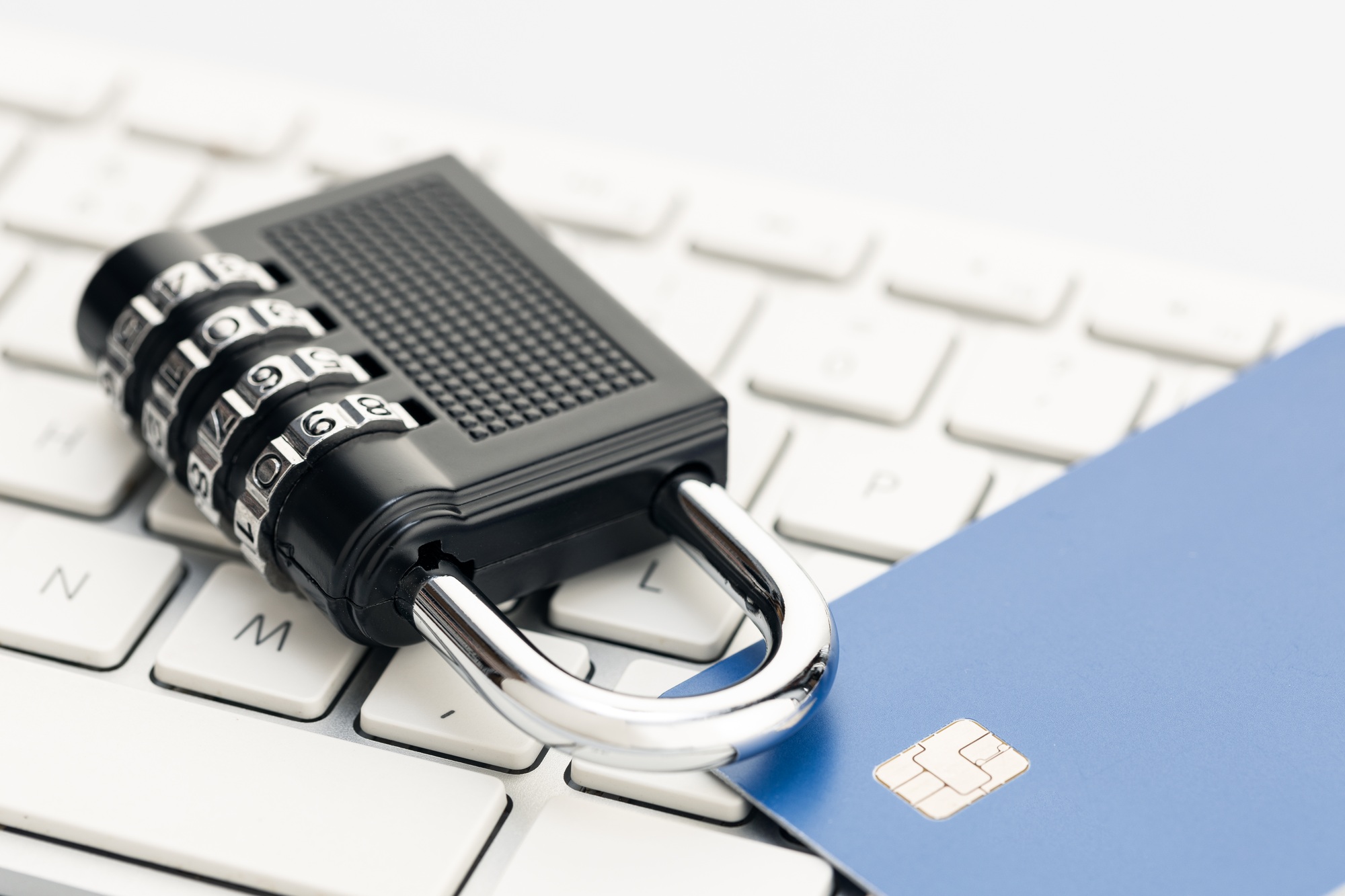
Reporting a scam on eBay is essential for protecting yourself and your small business from further harm. Taking prompt action ensures that you contribute to a safer marketplace for everyone.
How to Report a Scam
- Immediately contact eBay’s customer support team. Provide relevant details like the seller’s or buyer’s username, the item in question, and any communication you had with them. This information helps eBay address the issue effectively.
- Collect and keep all evidence related to the transaction. Gather screenshots of the listing, payment receipts, and correspondence with the seller or buyer. This documentation is vital for filing an accurate complaint.
- If you made or received payment through PayPal, file a complaint through their resolution center. Attach all proof and clearly explain the situation. Doing so increases your chances of a resolution that protects your small business interests.
eBay’s Response to Scams
eBay takes scams seriously and has systems in place to address issues promptly. When you report a scam, eBay investigates the claims thoroughly and may take action against the involved accounts. eBay uses data from reports to improve their security measures and educate users about potential threats, ultimately creating a safer environment for small businesses. By reporting scams, you not only protect your own interests but also assist in building a more secure online marketplace for all users.
Conclusion
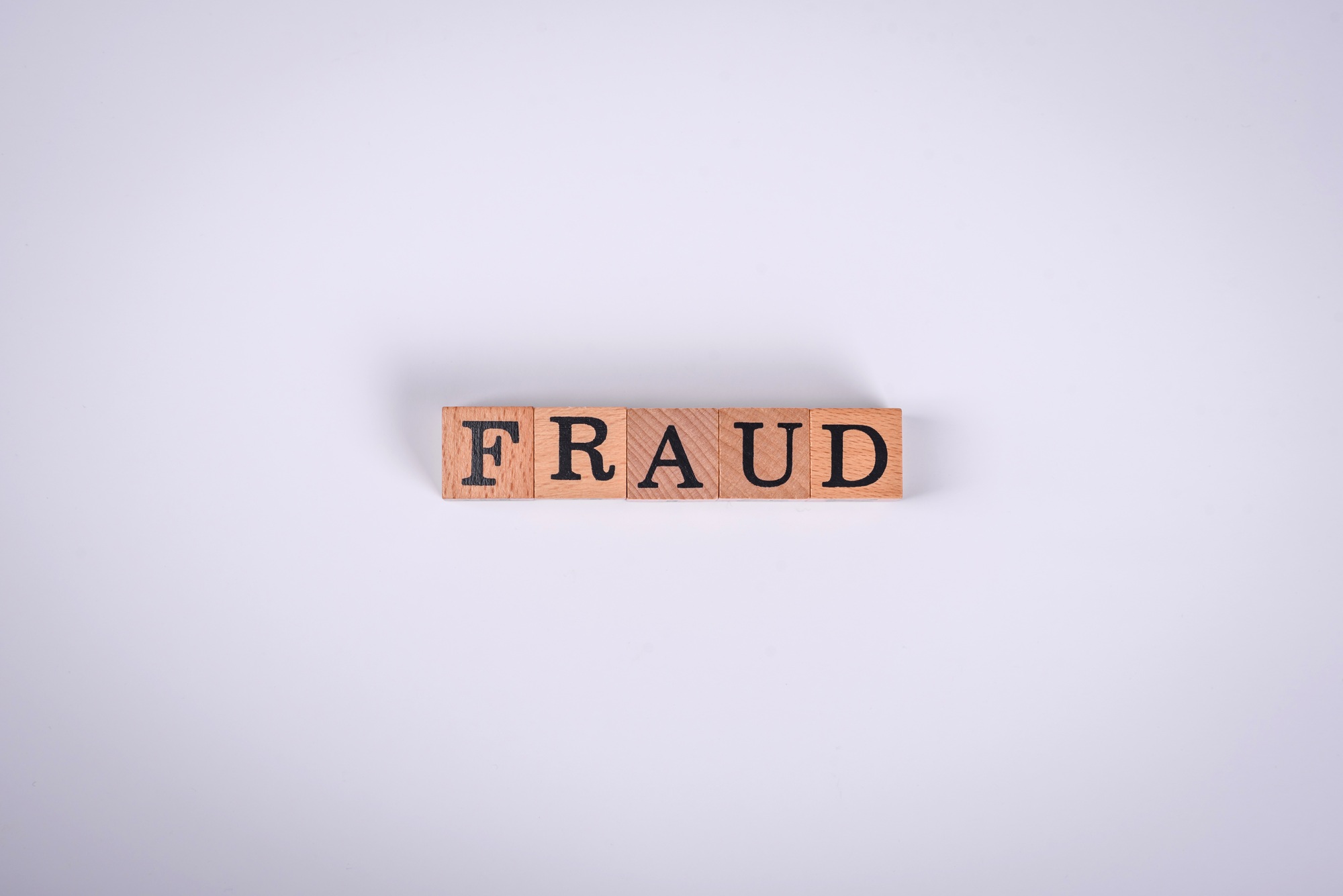
Staying informed about eBay scams is crucial for protecting your investments and ensuring a positive online shopping experience. By recognizing the warning signs and following best practices, you can minimize your risk and enjoy the benefits of the platform.
Always verify seller credibility and product authenticity before making a purchase. Remember to report any suspicious activity to eBay to help create a safer marketplace for everyone. With the right precautions in place, you can confidently navigate eBay and make secure transactions.
Frequently Asked Questions
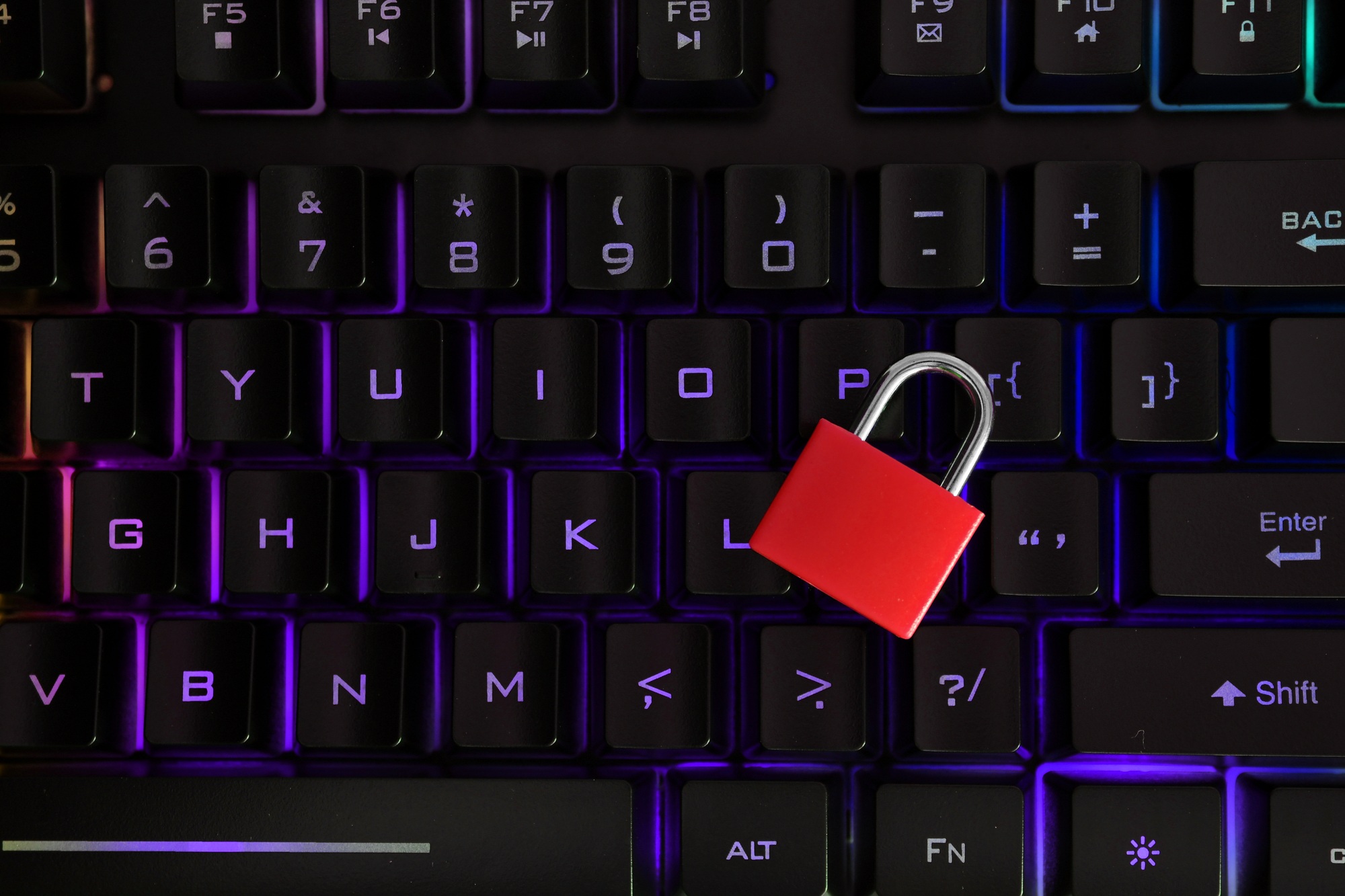
What are the common scams associated with online shopping on eBay?
There are several common scams on eBay, including counterfeit products, phishing schemes, non-delivery of goods, and fake escrow services. Being aware of these scams can help buyers protect themselves while shopping online.
How can I identify eBay scams?
Look for warning signs such as unrealistic pricing, vague or incomplete product descriptions, poor quality images, and suspicious seller feedback. Generic communications and unusual payment methods can also indicate a scam.
What should I do if I suspect a scam on eBay?
If you suspect a scam, avoid completing the transaction. Report the scam to eBay’s customer support, gather relevant evidence, and file a complaint with PayPal if applicable. Reporting helps protect others and improves security.
How can small business owners safeguard themselves on eBay?
Small business owners should research sellers, use secure payment methods, avoid suspicious listings, and communicate via eBay. They should also inspect items thoroughly upon receipt to ensure they match the description.
What are best practices for sellers on eBay?
Sellers should follow eBay policies, use tracking information for shipments, and maintain clear communication with buyers. They should also enable two-factor authentication and avoid settling transactions outside of eBay.
Why is it important to report eBay scams?
Reporting scams helps protect your interests and contributes to a safer online marketplace. eBay takes reports seriously, using the information to improve security measures and prevent future scams.
Image Via Envato: MargJohnsonVA, chernikovatv, fotodestock, innu_asha84, wirestock, chormail, cait00sith


